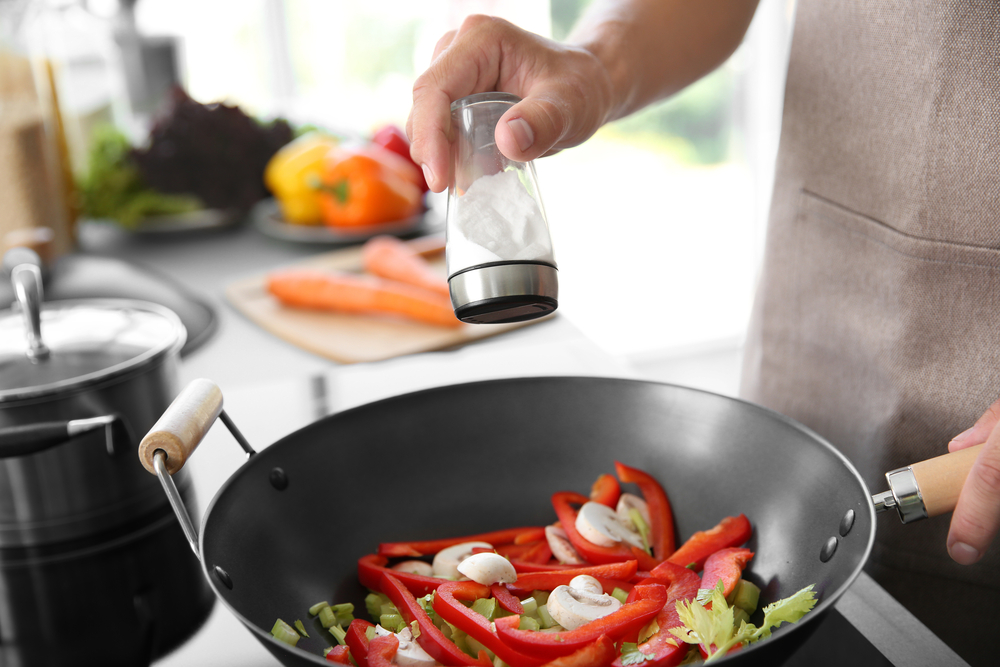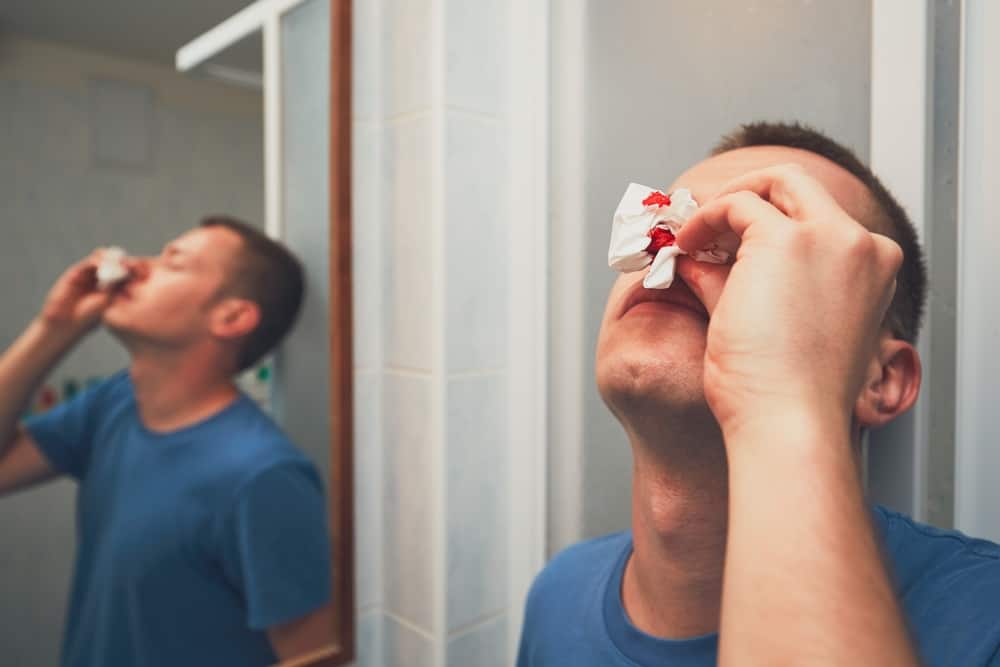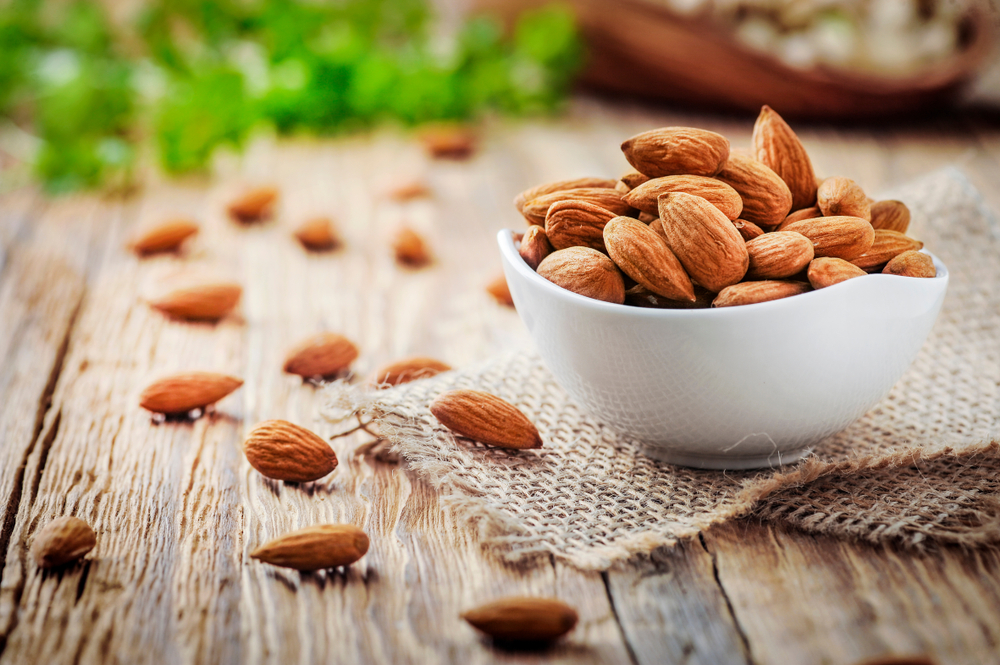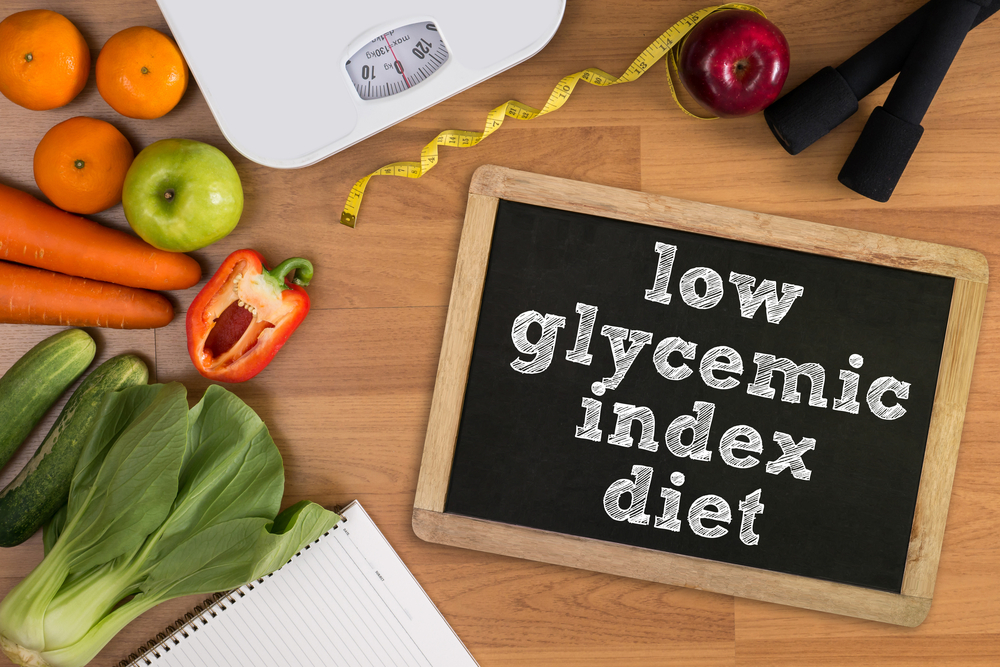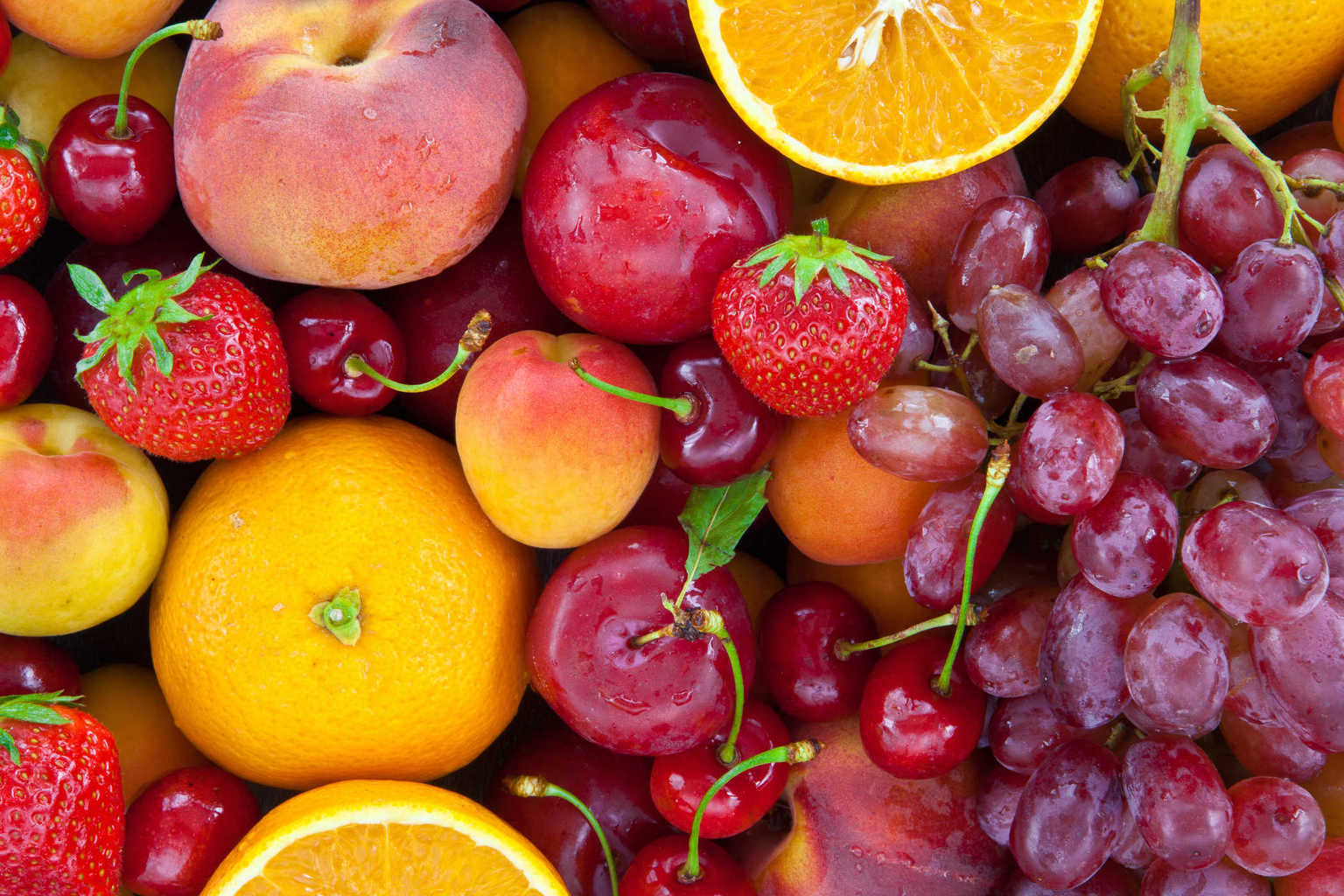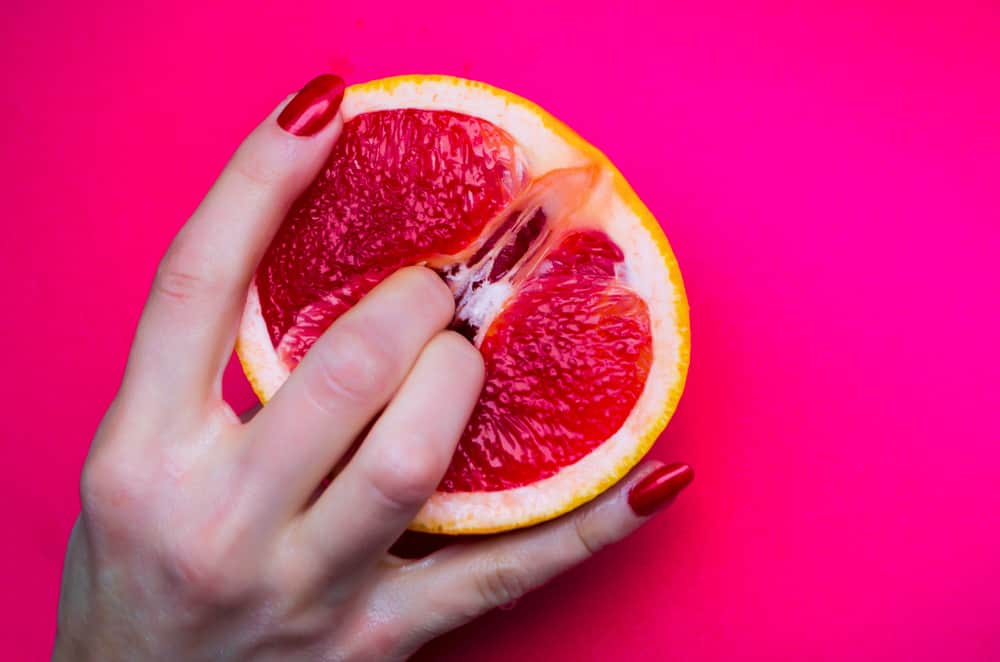Contents:
- Medical Video: It’s Not Salt Or Sugar, Yet It’s The Most Dangerous White Poison That We Eat Every Day
- What exactly is the salt content?
- What happens when salt is cooked? Did it really turn into poison?
- Can salt not be cooked?
- When should you include salt in food?
Medical Video: It’s Not Salt Or Sugar, Yet It’s The Most Dangerous White Poison That We Eat Every Day
More and more days, more and more issues regarding health and food are disseminated through social media. One of them is the issue that salt should not be cooked. Many believe that salt can turn into poison if processed and cooked. Wow, is it possible that the salt content will turn toxic when cooked? Relax, here is the full review.
What exactly is the salt content?
Salt is the largest food source that provides minerals called sodium for the body. Salt is often called sodium chloride because salt consists of 40 percent sodium, and 60 percent chloride. This salt content is a mineral that acts as an important electrolyte in the body.
These minerals help maintain fluid balance, nerve function, and overall body muscle function. Therefore, it is very important to get salt intake in your daily diet, but don't overdo it. Too much salt can increase the risk of developing high blood pressure (hypertension) and heart disease.
In one day, the recommended salt consumption is less than one teaspoon for adults. As for children aged 5 years and above, the safe limit of salt intake in a day is half to three quarters of a teaspoon.
What happens when salt is cooked? Did it really turn into poison?
Salt is a collection of minerals. Cooking does not reduce the amount of minerals in food in large quantities. Even if it is reduced, the amount is not too much. Minerals in foods that are usually not affected by the cooking process are calcium, sodium, iodine, iron, zinc, manganese, and chromium.
Can salt not be cooked?
Cooking salt will not turn this mineral into a poison. As previously reviewed, the salt content is mineral. This mineral does not turn into a poison or dangerous substance as long as the salt is indeed made with safe materials, it is not given a certain mixture by the producer.
So, the issue that salt should not be cooked is a hoax that is not proven to be true.
When should you include salt in food?
Paul Breslin, a professor from the Department of Nutrition at Rutgers University, said that for cooking, you should add salt slightly at the beginning of cooking, then add it later at the end of the cooking process.
When salt is added from the beginning of the cooking process, salt will immediately bind to the protein in the food. Next, large molecular bonds will be formed.
However, the bonding of this large molecule simply adds to the amount of sodium that seeps into the food, while the salty taste is not so pronounced. So, your tongue feels the dish is less salty, then added salt again until it tastes quite salty. If you have this, you can consume excessive salt.
Therefore, giving salt should be divided twice. You still need salt in the initial cooking process and also at the end.
Then, at the end of the cooking process, add enough salt. By dividing this, the food will taste delicious, and prevent the consumption of blood that way.
Apart from the time, you can also process food based on what type of food you will cook. As an example:
- When cooking meat, you should add the meat at the beginning. When meat is cooked, the cells tend to close and shrink so that the meat will be more difficult to absorb the taste. Therefore, you should add salt to raw meat along with other spices so that all flavors can be absorbed properly in the dish.
- When sautéing vegetables, don't forget to add salt at the end of your cooking process to get a vegetable texture that is still crisp and not soft. Salt tends to attract moisture from vegetables. So if you add it at the beginning, the vegetables will wither and get wet faster.

